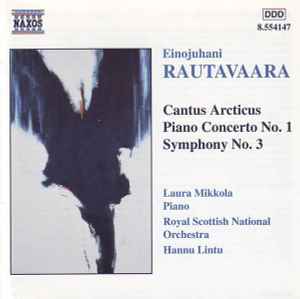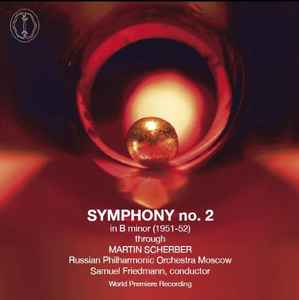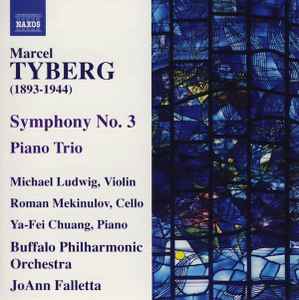Those who love him know that Bruckner is unique... and being very self-critical, rather anxious and perpetually overworked with teaching he produced only a limited amount of music. What do you do when you have heard it all and want more?
Well, the work of other, later composers is not infrequently described by commentators as "Brucknerian"... and nearly every time turns out to be nothing of the kind. But there are a few exceptions: composers who had something of their own to say and who happened, in at least one work, to say it in a way that Bruckner might have recognised as descending from his music.
Rautavaara: Symphony 3 - the only work by Rautavaara which justifies the label "Brucknerian", and then only intermittently... but well worth hearing

Scherber: Symphony 2 - a big work in a single movement which "metamorphoses". I find it completely satisfying, and believe that Anton himself would have appreciated its logic, drive and resplendence. Good luck finding this fine recording; it's the only one, was available briefly and has not been re-pressed. If (perhaps having heard excerpts on Youtube) you want to hear it complete and can't find a copy, drop me a line

Tyberg: Symphony 3 - this magnificent work has a fascinating and tragic back story. It was almost lost when Tyberg was killed by the Nazis (he died in Auschwitz, condemned for being 1/16th Jewish) but his score was preserved by a Croatian friend, who emigrated to America. Rediscovered in 2001, it receives a performance and recording fully worthy of its considerable stature

https://www.wrti.org/post/story-com...usic-reborn-decades-after-his-death-auschwitz
Well, the work of other, later composers is not infrequently described by commentators as "Brucknerian"... and nearly every time turns out to be nothing of the kind. But there are a few exceptions: composers who had something of their own to say and who happened, in at least one work, to say it in a way that Bruckner might have recognised as descending from his music.
Rautavaara: Symphony 3 - the only work by Rautavaara which justifies the label "Brucknerian", and then only intermittently... but well worth hearing

Scherber: Symphony 2 - a big work in a single movement which "metamorphoses". I find it completely satisfying, and believe that Anton himself would have appreciated its logic, drive and resplendence. Good luck finding this fine recording; it's the only one, was available briefly and has not been re-pressed. If (perhaps having heard excerpts on Youtube) you want to hear it complete and can't find a copy, drop me a line

Tyberg: Symphony 3 - this magnificent work has a fascinating and tragic back story. It was almost lost when Tyberg was killed by the Nazis (he died in Auschwitz, condemned for being 1/16th Jewish) but his score was preserved by a Croatian friend, who emigrated to America. Rediscovered in 2001, it receives a performance and recording fully worthy of its considerable stature

https://www.wrti.org/post/story-com...usic-reborn-decades-after-his-death-auschwitz


